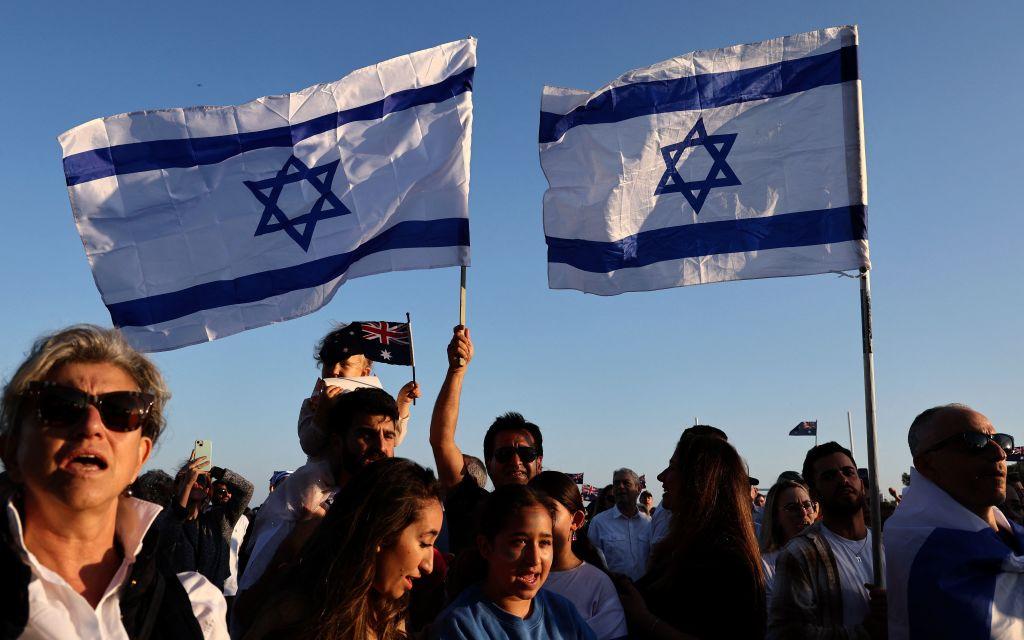Australian Prime Minister Anthony Albanese says there must be no role for Hamas in the future governance of Gaza.
The leader made the comments as he welcomed news of a ceasefire and hostage release deal brokered by the U.S., Qatar, and Egypt.

Australian Prime Minister Anthony Albanese says there must be no role for Hamas in the future governance of Gaza.
The leader made the comments as he welcomed news of a ceasefire and hostage release deal brokered by the U.S., Qatar, and Egypt.